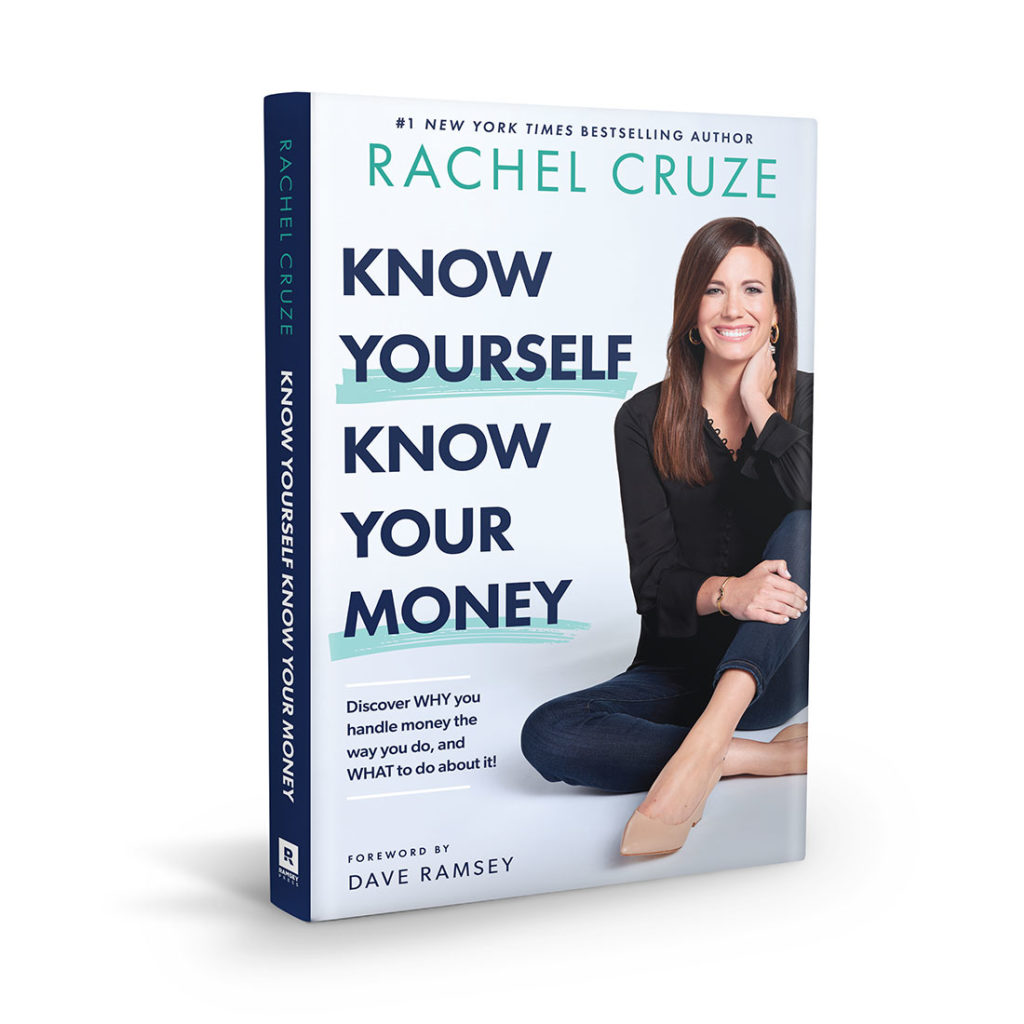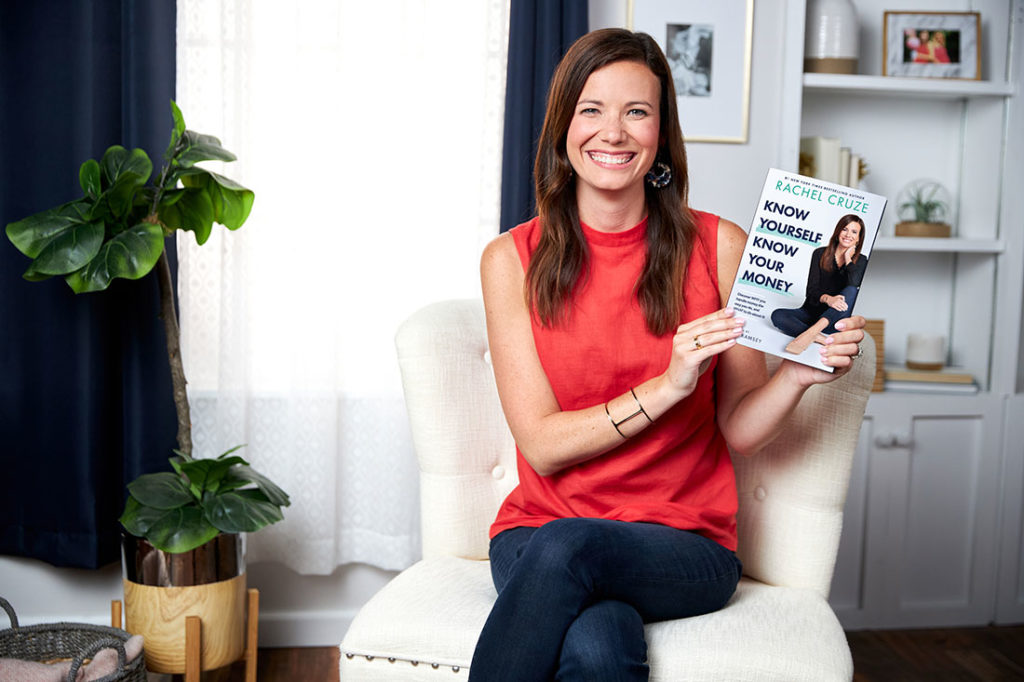We all want to save money. And some of us are better at it than others—but it’s something anyone can learn.
In order to do that, we need to talk about why we save (and don’t save) money. People are naturally either savers or spenders. You natural savers may not think you need to read this. But hold tight—there’s more to saving than you might think. And spenders, I promise this won’t be a boring conversation on saving. It’s actually going to set you up to spend money on the things you really value.
A lot of us think about saving all wrong. It feels boring or like a burden, an added expense you can’t afford, or something that stands in the way of what you want right now. We forget that saving money is actually a joy. You get to save a portion of every dollar you make for yourself and your future! Aside from saving up your emergency fund, when you’re saving, you’re typically saving for one of your dreams: something you want to experience or buy or do. Seeing your savings account grow—knowing all that money is going toward something you want—is actually a lot of fun! So why is it that so many of us miss this? Because we don’t understand the connection between saving and dreaming.
That’s why we’re going to do something you might not expect: We’re going to talk about how you dream. Because how you dream has everything to do with how you save. I dig into this in my book Know Yourself, Know Your Money. Here’s an excerpt from the book that will help you learn how to save money in 2021.
The Connection Between Saving and Dreaming
We all have excuses or reasons why we don’t save. I hear them all the time in my work. Let’s look at the most common reasons for not saving and what’s really at the root of them all:
- You don’t make enough money.
- You spend more than you earn.
- You’re weighed down by debt.
- You grew up in a money classroom that makes saving seem impossible or unimportant.
Do any of these sound familiar? Do you struggle to make ends meet each month, let alone put savings away for an emergency? Is savings even on your radar? These reasons can sound reasonable, but let’s take a closer look at what’s really going on.
One of my friends grew up in the Unaware Classroom. Her parents never talked about the importance of saving money, so she never worried about doing it. She had made a decent salary as a writer her entire career, but after a decade, she had nothing to show for it—no savings at all. Then one day she had a medical emergency that put her thousands of dollars in debt. She didn’t know that could even happen until those bills started rolling in. As she faced the reality of what it would take to dig her way out of debt, she knew two things: Her ignorance about not saving was costly, and she never wanted to be in that position again. That’s when she realized she needed a plan for her money.
If you’re reading this book and don’t have any savings, know you’re not the only one. Forty-seven percent of Americans have less than $1,000 saved for an emergency. But also know that not having any savings is a warning sign for two big problems. The first problem is that your house isn’t in order. You’re not prepared. Even if things appear to be going well, if you don’t have a plan for your money that includes savings, it’s only a matter of time before the unexpected hits and you have a major problem. Life is going to throw you some curveballs: a medical emergency, job loss, the air-conditioning unit goes out, a storm damages your home, you hit a deer on the way to work. Having an emergency fund isn’t optional. At some point you’re going to need one. If you don’t have any savings today, the time to get your house in order is right now.
But not having savings is also a warning sign of a second problem: that you’re not tuned in to your dreams. Most people don’t think about how deeply connected saving and dreaming are. But if you’re not saving, it means you’re not working toward any of your dreams. You’re likely just floating from job to job and city to city instead of steadily working toward something meaningful. And when that happens, it’s usually because you have no clue what your dreams are. It’s also possible that you might be saving a little here and a little there, but it’s going to take tapping into your dreams to see real progress.
Dreams are actually crucial to your financial life because they help you see what you value and motivate you to save for the long haul. Unless you’re a die-hard saver, saving for the sake of saving isn’t meaningful. But when you really, truly want something, no one can stop you from saving for it and working hard to make it happen. If you want to live out your retirement dreams, you’ll happily put away 15 percent of your income each month. If you care deeply about fighting poverty in your city, you’ll find more ways to cut your expenses so you can donate regularly. If you dream of adopting a child, you’ll sacrifice for years to bring them home. Why? Because saving gives you the freedom to follow your dreams.

Reprinted with permission from Ramsey Press from Know Yourself, Know Your Money written by personal finance expert and two-time #1 national best-selling author Rachel Cruze. You can purchase Know Yourself, Know Your Money at RachelCruze.com or wherever books are sold.
Photo courtesy of Rachel Cruze






